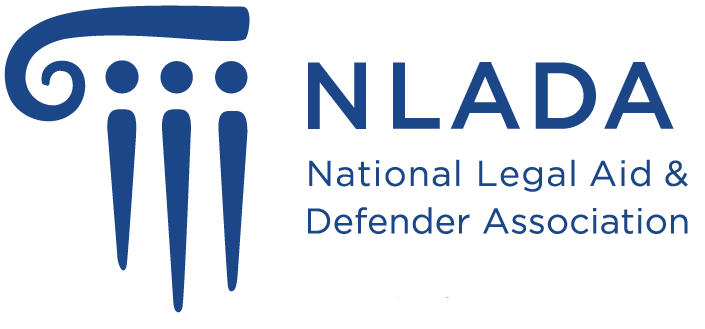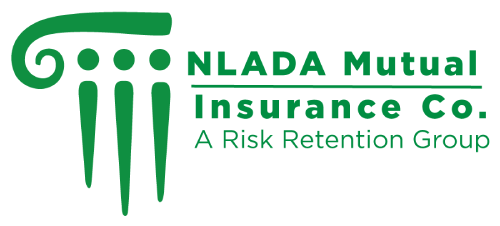As previously reported, the United States Supreme Court has granted a petition for certiorari brought by Ted Frank of the Center for Class Action Fairness from a settlement reached in the case of Gaos v. Google. In that case concerning internet privacy, the 129 million Google users who were potential class members would have been entitled to roughly 4 cents each, making a distribution to the class infeasible. The parties agreed to a settlement that included an $8.5 million cy pres award distributed to universities and organizations that promote internet privacy, but nothing to the class. Class actions without class distributions are relatively rare.
The acceptance of this appeal by the Supreme Court has raised concerns among advocates regarding the future of the cy pres doctrine, particularly in light of Chief Justice Roberts' statement in the 2013 case of Marek v. Lane, in which the chief justice expressed his hope that the court would get a chance in a future matter to determine "when, if ever" cy pres awards are appropriate in class actions.
NLADA, joined by the Association of Pro Bono Counsel (APBCo), the Legal Aid Association of California, the National Association of IOLTA Programs, Equal Justice Works, the Chicago Bar Foundation, The Legal Foundation of Washington and the Texas Access to Justice Foundation filed an amicus brief on September 5th in support of the cy pres doctrine and the eligibility of legal services organizations to be recipients of such awards. We are most grateful to the firm of McDermott Will & Emery, and our lead counsel Bill Boies, for representing us in the development of the amicus brief.
A dozen amicus briefs were filed after the petitioners’ opening brief in July. The most significant were briefs by the United States (arguing that plaintiffs have no standing to sue and that cy pres awards should be eliminated or severely cut back) and by 19 attorneys general (arguing that cy pres awards harm consumers and should be eliminated in cy pres-only cases, cut back generally, and not be a factor in fee awards).
Later amici included 12 state attorneys general arguing in support of cy pres awards, and a host of other groups arguing for a very tight nexus between cy pres awards and the claims and subject matter of the underlying class action, a somewhat different approach than that taken in the NLADA brief.
The American Bar Association filed a brief focused on state statutes and rules on cy pres awards for legal aid and similar recipients. The other amicus briefs provided wide-ranging arguments from organizations opposed to class action relief or concerned about privacy rights.
We will provide updates as the case progress through the next term of the Supreme Court. In the meantime, if you have questions, contact Don Saunders.

